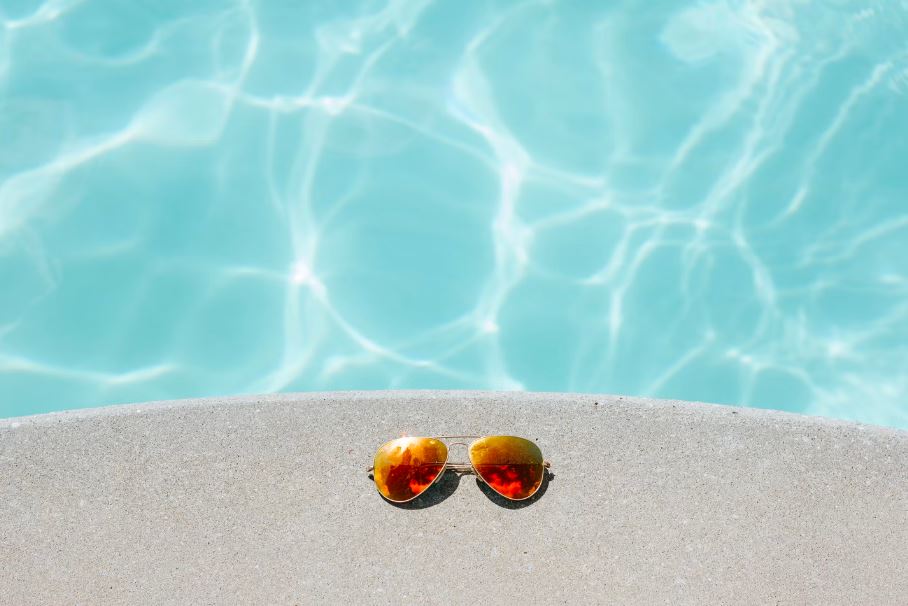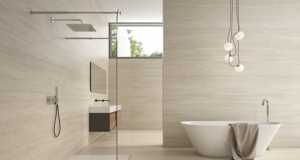

If you live in a sunny area, having a pool in your backyard can be fantastic for cooling off during the hot summer months. Before you can enjoy your new pool, you need to install it. If you’re considering a concrete pool, there are a few things you should know before taking the plunge.
Different Kinds of Pools
In addition to concrete pools, there are also fiberglass pools and above-ground pools. Concrete pools are the most expensive and require the most maintenance, but they’re also the most durable. Fiberglass pools are less expensive than concrete pools, making them a more popular option. They’re also less durable, though.
Above-ground pools are the least expensive option, but they’re also the least durable and require the most maintenance. They are also not as aesthetically-pleasing, but they can be a good option if you’re on a budget.
What to Consider Before Installing a Concrete Pool
There are several factors to consider when installing a concrete pool. First, you need to make sure that your yard is large enough to accommodate a pool. You also need to decide what type of pool you want. There are above-ground pools, inground pools, and even pools that can be installed semi-underground. Each type has its own set of pros and cons, so be sure to do your research before making a decision.
Another thing to consider is the climate in your area. If you live in an area with cold winters, you’ll need to make sure that your pool is properly insulated to prevent it from freezing over. Finally, you’ll need to decide what type of filtration system you want. There are many different options on the market, including saltwater systems, sand filters, and cartridge filters.
The Steps Involved in Installing a Concrete Pool
There are a few key steps involved in the process, and it’s important to make sure that each step is done correctly in order to ensure a lasting and high-quality finished product. First, the concrete pool builders will excavate the area where the pool will be built. This usually involves renting a backhoe or other heavy equipment. Once the excavation is complete, forms will need to be put in place in order to pour the concrete.
The next step is to pour the concrete and then finish it. This usually involves smoothing it down with a trowel and then texturing it. Finally, the curing process will need to be monitored closely in order to ensure that the concrete sets properly.
Tips for Maintaining Your Concrete Pool
Due to the high level of maintenance required, it’s important to be aware of a few tips that can help make the process a bit easier. Here are some tips to help you keep your concrete pool in top condition:
-
Always brush the entire pool surface before vacuuming to loosen up any dirt or debris.
-
Be sure to vacuum the entire pool, including the stairs and seating areas.
-
Inspect the tile and grout around the pool on a regular basis, and reseal as needed.
-
Have the pool water tested regularly to ensure that the pH level is balanced.
-
If you need to drain the pool, be sure to do so slowly in order to avoid damaging the concrete.
Endnote
Installing a concrete pool is a big decision, but it can be a great addition to your home. Be sure to do your research and talk to a professional before making any decisions. Once you have your pool, be sure to follow these tips for maintaining it.


